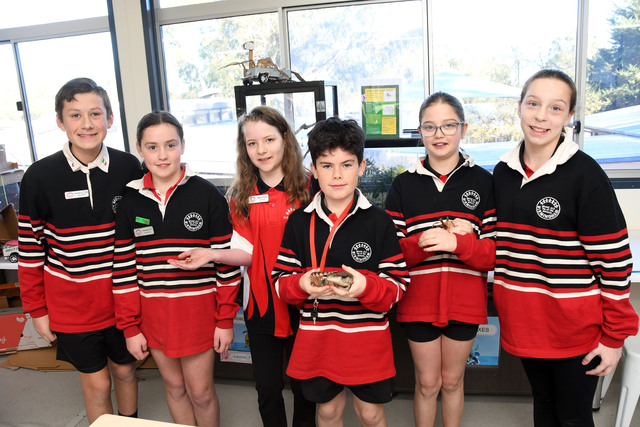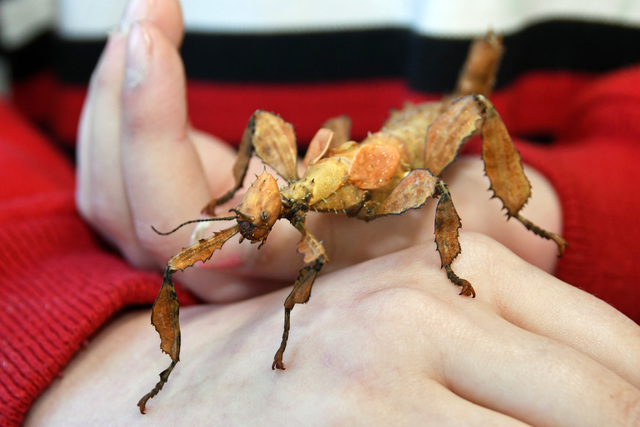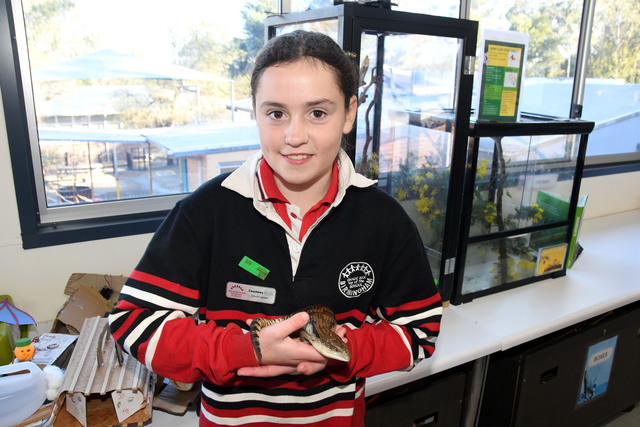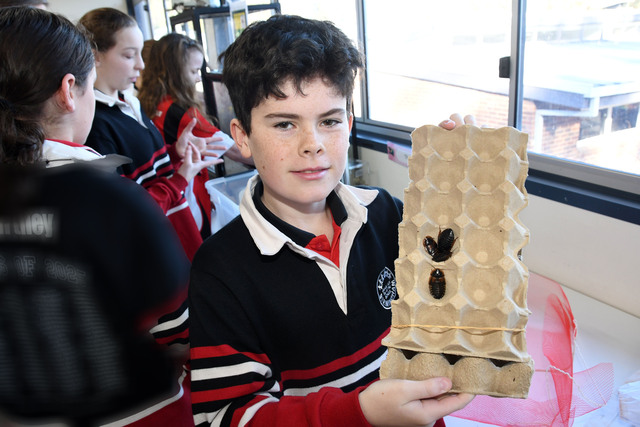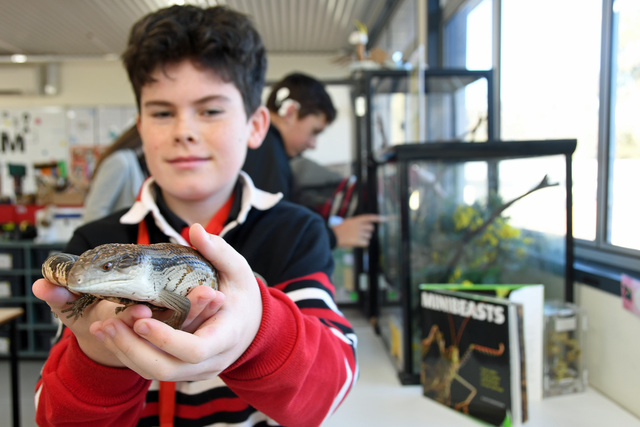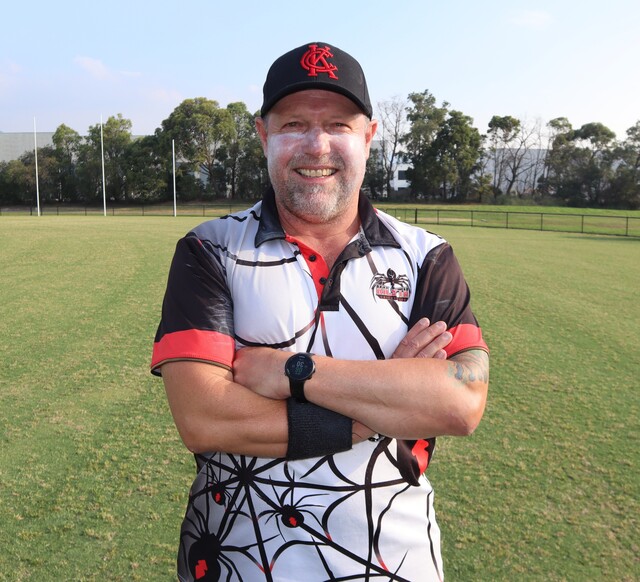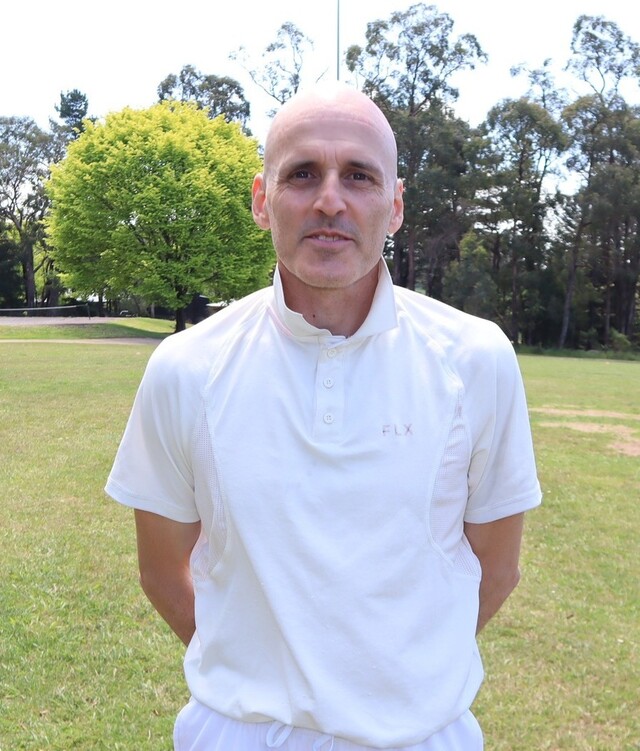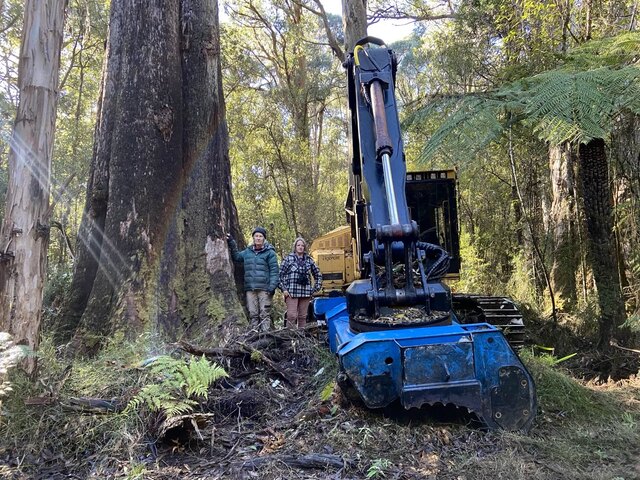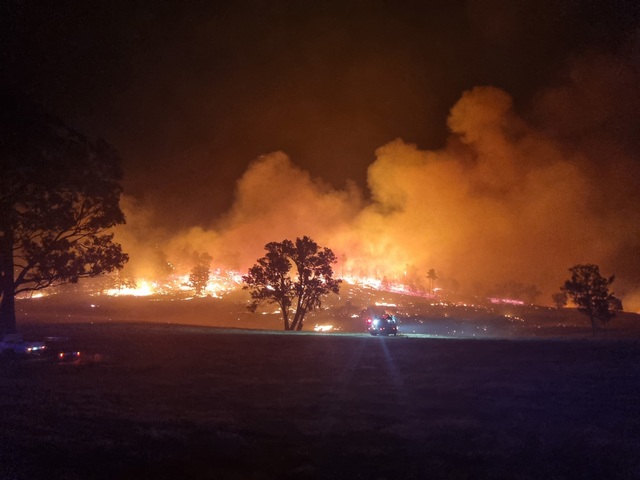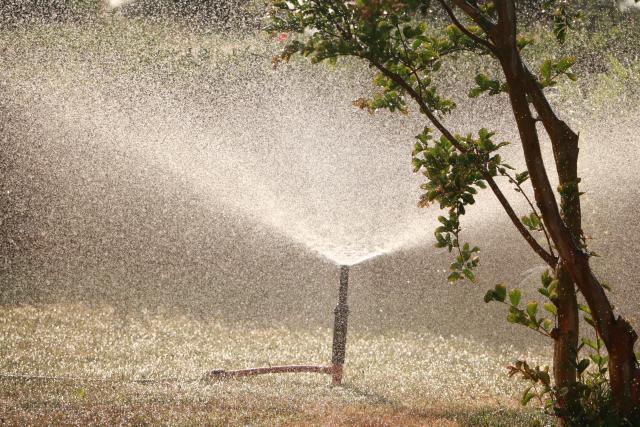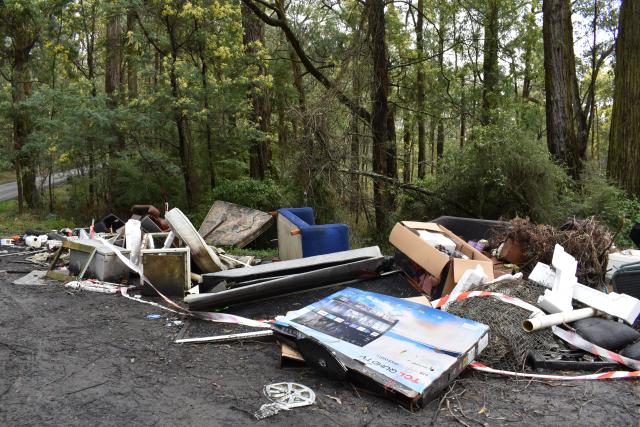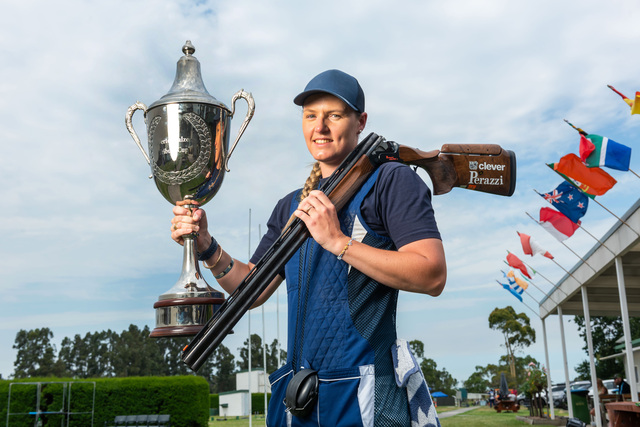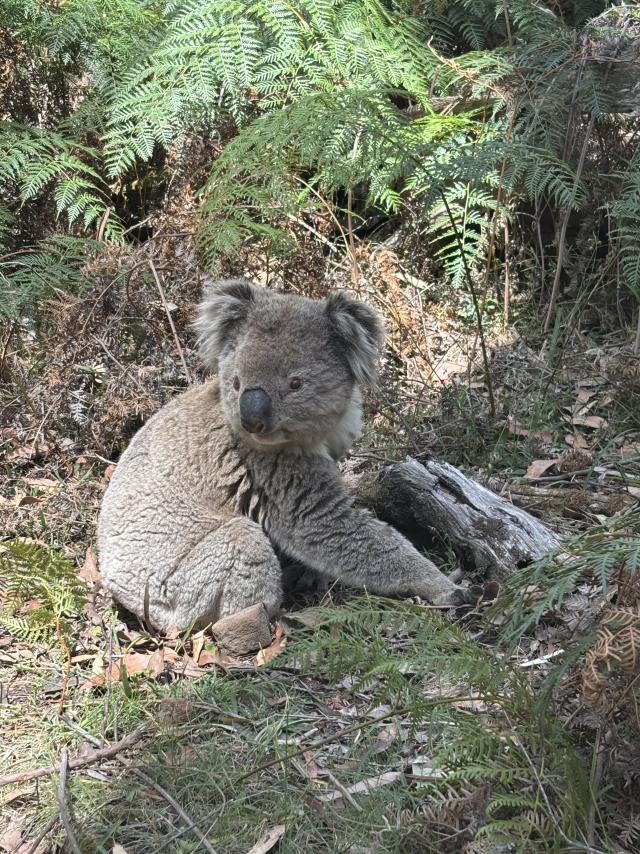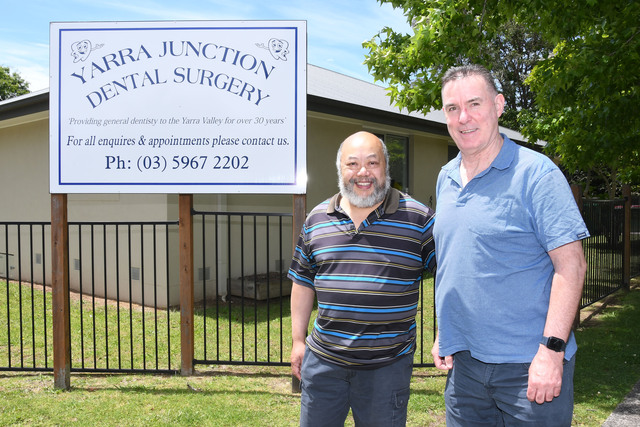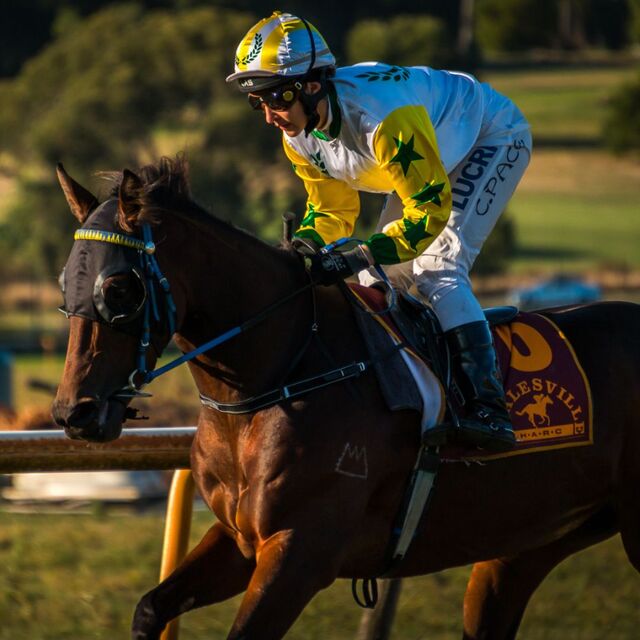From stick insects to lizards, Birmingham Primary School is creating a cohort of budding zookeepers eager to learn and look after an array of creatures.
In honour of National Zookeeper Week, Star Mail visited some of the youngest but most passionate zookeepers at the Mount Evelyn school.
Currently housing frogs, stick insects, a lizard and fish, with room to grow and more animals on the way, the zoology program forms part of STEM and has now seen the school partner with Lilydale High School.
“It kind of happened by accident. We had an ant, and we were learning about ants as part of STEM last year. We had butterflies, and then some stick insects came along, and then some frogs, and then some more stick insects and then we got a lizard, and fish,” STEM teacher Natalie Darvell said.
“We realised we had a bit of a budding zoology programme. So Lilydale High School has the largest school-based zoology programme in Australia and they had some enclosures for us, and we started working with them, chatting with them, and we’ve actually developed a partnership with them.”
With six head keepers, Nerys specialises in looking after the frogs, Lucas the lizard named Ralph and Thomas the fish, while Courtney, Ariah and Eleanor are general keepers, overseeing the health of all the animals, they have become experts in a short amount of time.
Since going on an incursion to Lilydale High School, the students have implemented what they learned about each species they house, ensuring the habitat and conditions are up to standard.
“We learned more about the animals that we were taking care of. For example, our blue tongue lizard, before we were moving his enclosure around when we cleaned it, to try to give him an adventure,” Courtney said.
“But we learned that it’s better to add things instead so he always knows where his food and water is.”
Ensuring the program is sustainable, the animals aren’t the only thing the students look after, also producing a food source for the animals.
“We can breed cockroaches as a food source for all of our animals. So the students take care of everything from developing the animals’ food, looking at the different size cockroaches and who needs to have what, to feeding all of the different animals,” Ms Darvell said.
Modelling what Lilydale High School does but on a smaller scale, Lucas also takes care of the cockroaches.
“Lilydale High had, at one point, a cockroach farm. They had about 120 food tubs at one time. They can freeze some so they last longer,” Lucas said.
“And for some reason, I don’t know how this happens, but the males have wings and the females so they actually can’t climb.”
When it comes to caring for the fish, Thomas has the job of testing the water quality, looking at the nitrate levels and whether water needs to be changed over.
Aside from the learning though, Thomas said, one of the best parts about taking care of the fish is just being able to watch them, especially on a bad day.
“I just like looking at them. They’re so graceful and if you’re having a bad day, it’s really nice to watch them swimming around,” he said.
For Courtney and Nerys, their favourite time is the holidays but for different reasons.
“My favourite time that I get to do is when I get to move (the frogs) back in after the holidays. You get to sit them, and you get to hold them and they’re really cute,” Nerys said.
“We moved them back in, and that was probably the worst time we did it, because they were jumping on the floor. They were jumping everywhere.”
“One thing I really do like about it is, over the holidays, especially for the stick insects, we’re allowed to bring them home with us,” Courtney said.
Ms Darvell said the next stage of the zoology program is to build in the enclosures at the back of the STEM room, creating dedicated space and more room for more animals but the program has already caught on.
“We have about 40 students now across Grades 5 and 6 who come in. These guys teach them about basic care of the animals, but also things like how to tell when they’re stressed, how to correctly handle them and they’re doing an amazing job. We’re very proud of them all,” she said.
“We have kids in before school. I had a queue this morning (24 July) of you guys waiting to get in when I arrive. We have kids before school, recess, lunch, and after school. So we realise that we’re really onto something here, that a lot of kids are very, very passionate.”

